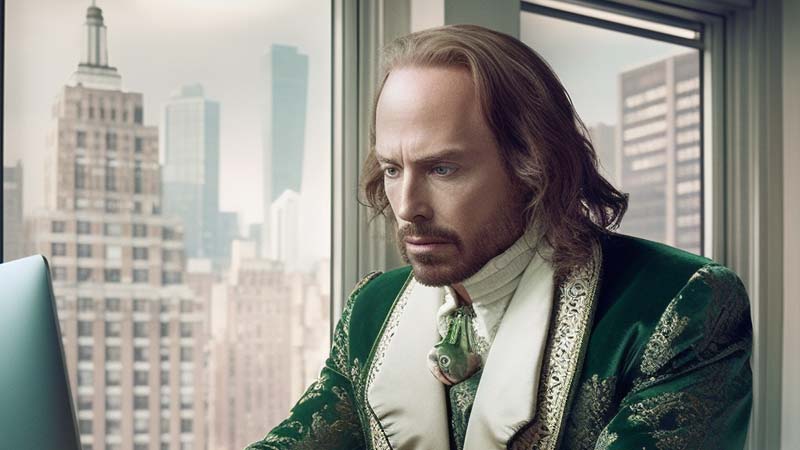Hiroshima commemorates 80 years since the atomic bombing, with global leaders gathering to honor victims and emphasize a commitment to lasting peace.
A Solemn Remembrance
In the quiet dawn, as the sun cast its gentle light upon the city of Hiroshima, a ceremony of profound solemnity unfolded. Eighty years have passed since the fateful day when the sky was rent asunder by the atomic fury unleashed upon this land. The Japanese prime minister, Shigeru Ishiba, stood amongst dignitaries from afar, each bearing witness to the enduring scars of war. The mayor of Hiroshima, Kazumi Matsui, echoed the collective yearning of a nation, a plea for peace that transcends the boundaries of time and space.
The ceremony, held in the sacred embrace of Peace Memorial Park, was a testament to resilience and remembrance. The voices of the past, carried by the breeze, whispered tales of suffering and hope. In this hallowed space, the world paused to honor the memory of those who perished, their lives extinguished by the cruel hand of conflict. The silence was not mere absence of sound, but a powerful invocation of reflection, urging humanity to learn from its past transgressions.
The Haunting Legacy
The shadows of Hiroshima’s past linger still, etched in the memories of those who survived the cataclysm. Shingo Naito, a child of six when the bomb descended, recalls the horror with a heart burdened by loss. His father, consumed by flames, left behind a legacy of pain that transcends generations. Yet, in the face of unspeakable tragedy, there emerges a phoenix of resilience. Students in Hiroshima, inspired by Naito’s tale, transform his memories into art, weaving a tapestry of remembrance and hope.
The specter of the atomic bomb looms large over Japan, a constant reminder of the fragility of peace. The survivors, known as hibakusha, carry the weight of history upon their shoulders, their voices a clarion call for a world free from the shadow of nuclear annihilation. In 2024, Nihon Hidankyo, a group of these survivors, was honored with the Nobel Peace Prize, a testament to their unwavering dedication to the eradication of nuclear weapons. Their struggle is a beacon, guiding humanity towards a future where peace prevails.
A Call to Conscience
The words of Hiroshima’s mayor, Kazumi Matsui, reverberate with the urgency of a world on the precipice. He warns of a dangerous drift towards militarization, a perilous path that imperils the fragile frameworks of peace. The nuclear Non-Proliferation Treaty, once a bulwark against the spread of nuclear arms, teeters on the brink of irrelevance. Matsui’s voice is a clarion call, urging nations to embrace the Treaty on the Prohibition of Nuclear Weapons, a beacon of hope in a world shrouded in uncertainty.
As I, William Shakespeare, pen these reflections, I am reminded of the eternal dance of human folly and wisdom. The tale of Hiroshima is not merely a chapter in history, but a mirror reflecting the depths of human ambition and the heights of our compassion. In the annals of time, we find the recurring patterns of power and its inevitable corruption, of love and its redemptive power. Let us heed the lessons of the past, for in them lies the key to a future where peace is not a fleeting dream, but a living reality.


